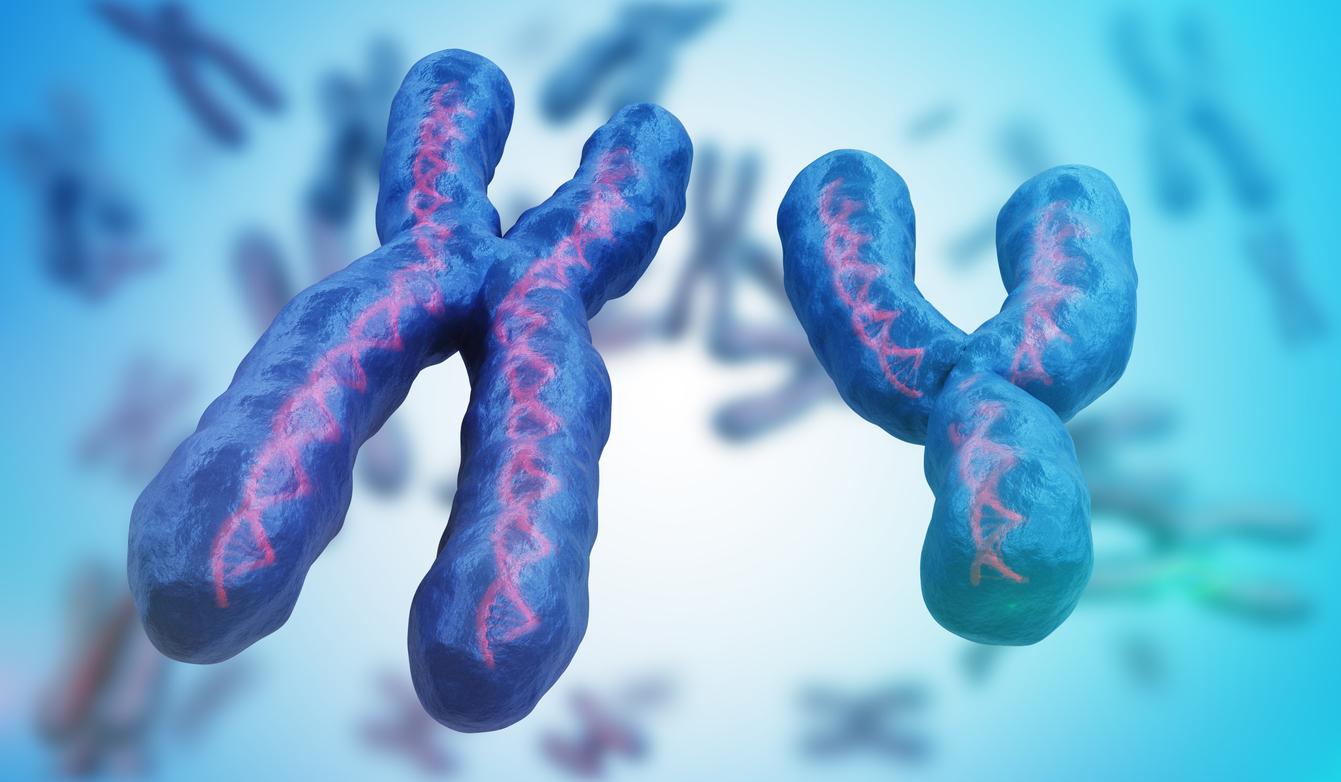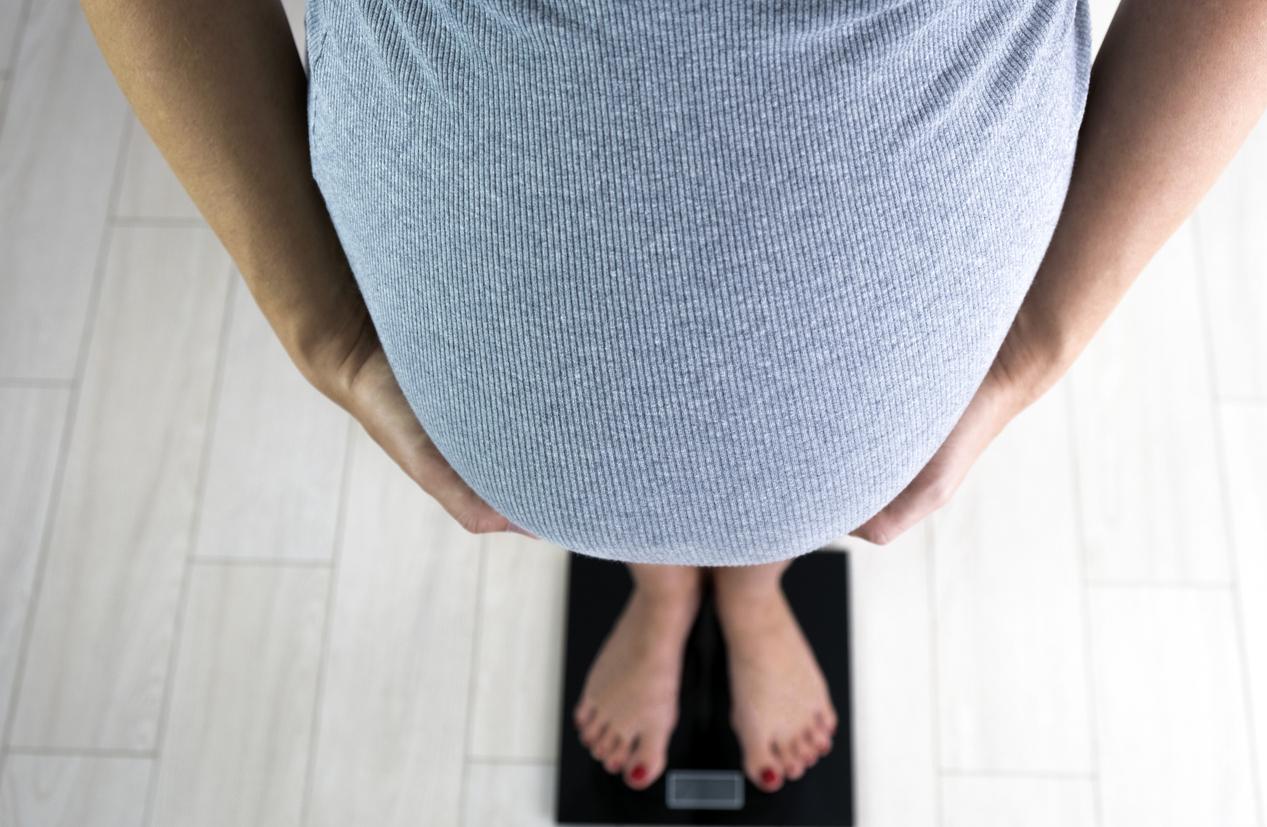An attenuation of autistic disorders for 3 out of 4 children. This is what Inserm researchers have just obtained by using a diuretic.
This is a promising breakthrough for people with autism. Set up at the CHRU in Brest, the double-blind clinical trial carried out by Inserm researchers has made it possible to assess the value of a diuretic in the treatment of autism. The 60 children aged 3 to 11 were all autistic or had Asperger’s syndrome.
They received for 3 months either a diuretic to reduce intracellular chlorine levels or a placebo. The result is eloquent: for three quarters of children, the treatment leads to a reduction in the severity of autistic disorders. Neurobiology researcher Yehezkel Ben-Ari and his team used Burinex, a diuretic that has been used for 40 years in the treatment of edema and hypertension.
Listen to Yehezkel Ben-Ari: neurobiology researcher at Inserm, specialist in cerebral maturation processes: “Burinex acts on the kidneys and the brain by lowering the entry of chlorine”.
The treatment improved attention and eye contact and made the children more present. However, as soon as treatment with Burinex is stopped, the symptoms of autism reappear. For Dr Eric Lemonnier, child psychiatrist, the treatment is effective in the long term.
Listen to Eric Lemonnier, child psychiatrist and clinician at the Brest CHRU: “Some children have continued treatment for three years.”
For families of children with autism, this prospect of long-term treatment is worrying. Indeed, as for all diuretics, side effects are to be deplored. For example, a drop in potassium has been noted in these young patients. For Eric Lemonnier, the children monitored must have regular blood tests.
Listen to Dr Eric Lemonnier: child psychiatrist and clinician at the Brest CHRU: “In the long term, it is necessary to monitor the renal and hepatic functions”.
An authorization request for a multicenter trial on a European scale has just been submitted by Inserm researchers. This study will make it possible to better determine the population affected by this treatment and, ultimately, to obtain a marketing authorization (MA) for this indication.
.

















